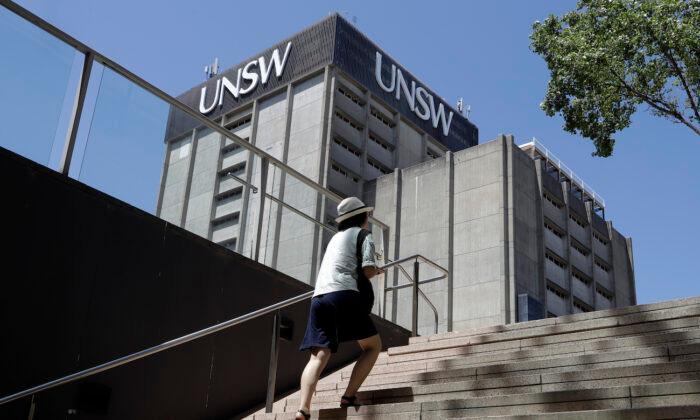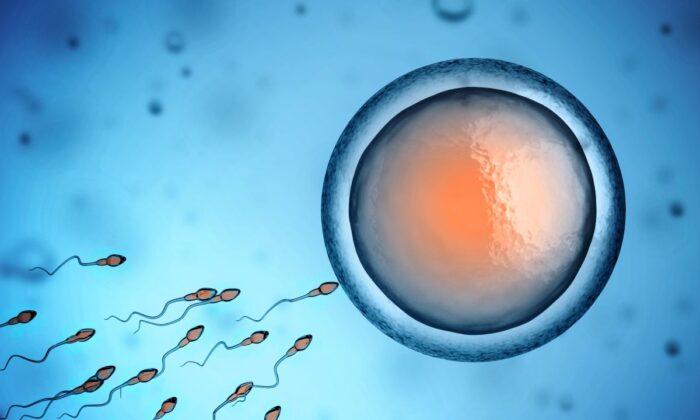The University of New South Wales (UNSW) will partner with the University of Newcastle to develop research commercialisation initiatives to help Australia transition to sustainable recycling and clean energy systems and solutions.
The research project, which also includes 27 industry partners, is part of the federal government’s Trailblazer program, designed to focus Australia’s research ability on manufacturing priorities through collaboration between government, universities, and industry.
Federal government funding of $50 million (US$34.4 million) has been matched by similar amounts from UNSW and the University of Newcastle, with the industry partners also committing over $130 million in contributions.
UNSW Vice-Chancellor and President, Professor Attila Brungs, said UNSW is honoured to be leading the nation’s efforts in the commercialisation of research to support Australia’s manufacturing.
“UNSW has a proud track record of commercialising research such as solar panels, energy storage, Green Steel and various MICROfactorie technologies led by 2022 NSW Australian of the Year, ARC Laureate Professor, Veena Sahajwalla,” he said.
“We look forward to working with our partners on the Trailblazer program to deliver further change in the recycling and clean energy innovation landscape.”
Priority areas of the research will include electrification, energy systems and storage; sustainable fuels and chemical manufacturing; next-generation solar PV and systems; and recycling and MICROfactories.
According to future industry advisors, FutureBridge, a MICROfactorie (or micro-factory), is a “small to medium scale, highly automated, and technologically advanced manufacturing set-up...whose output can be scaled up by replicating such set-ups in large numbers.”
Due to high-tech automated processes, these factories require less energy, less material, and a smaller labour force than regular factories.
In addition, the concept of the MICROfactorie leads to the miniaturisation of production equipment and systems according to product dimensions.
UNSW Deputy Vice-Chancellor, Research and Enterprise, Professor Nicholas Fisk, said the Trailblazer program for recycling and clean energy is looking to commercialise at least 63 products, contributing to the net-zero by 20250 target and bringing critical new skills for a high-value manufacturing workforce.
“Our projects, partnerships and investment under this initiative will accelerate a decade’s worth of change in just four years and create a legacy in industry-university collaboration,” he said.
Meanwhile, University of Newcastle Vice-Chancellor, Professor Alex Zelinsky, said the partnership would combine the strength of the two universities to accelerate Australia’s clean energy and recycling industries, bringing greener technologies to Australians.
“This program will transform the way technology readiness, commercialisation and industry-led research are prioritised, taught and rewarded in our universities with targeted opportunities for university staff and students to succeed,” he said.
This is the third Trailblazer program to be launched so far. The others are the Resources Technology and Critical Minerals Trailblazer and the Defence Trailblazer, with Space, Food and Beverage, and Medical Products Trailblazers in the pipeline.





